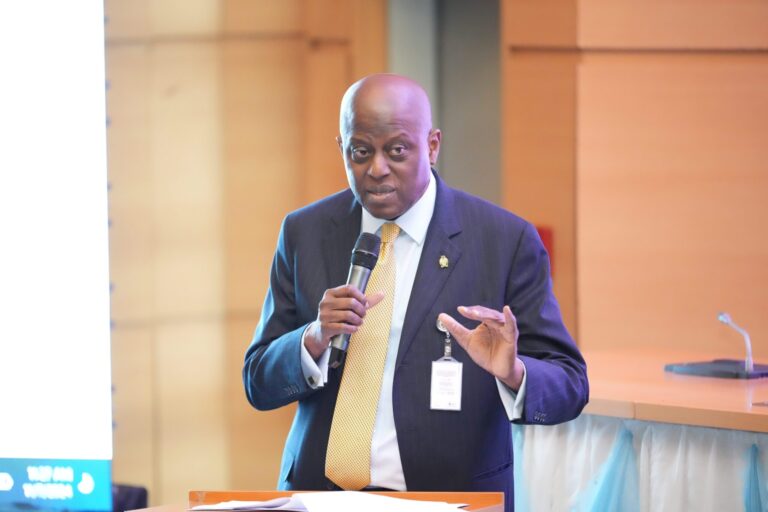After the inauguration of the 650,000 barrels of crude oil daily refining capacity Dangote Refinery, it is widely reported that fuel production will commence August 2023. While production has not started as planned, the excitement from the government is palpable, at least for two major reasons. First, it will mean the preservation of the foreign exchange used in the importation of refined fuel. Second, it is expected that queues at the pumps across the country will be a thing of the past.
However, for the average Nigerian, the thought is that this will also mean an end to the narratives by government officials that the government is subsidising the consumption of fuel. Unfortunately, it does not.
The refinery is the largest single train in the world with capacity of 650,000 bpd. It has a 900 KTPA Polypropylene plant, and its 435-power plant can meet power requirements of all the South West States, excluding Lagos. When operational, the refinery can meet all of Nigeria’s domestic fuel needs, including AGO and aviation fuel.
Dangote refinery would guarantee improved supply of petrol in Nigeria’s domestic market. On the target market and petroleum sufficiency, the refinery could meet 100 per cent of the Nigerian requirement of all liquid products, including gasoline (petrol), diesel, kerosene, and aviation jet, and would also have a surplus of each of these products for export which will enhance the inflow of foreign currency.
Also, by reducing Nigeria’s reliance on imported petroleum products, the Dangote Refinery will enhance the country’s energy security. It will help stabilise domestic fuel supplies and reduce the vulnerability of the Nigerian economy to sudden shocks. Furthermore, the presence of the Dangote Refinery is expected to stimulate growth in the downstream oil sector in Nigeria. It will attract investments in related industries, such as petrochemicals and manufacturing, which rely on petroleum products as feedstock. This can lead to the development of ancillary industries and the creation of additional jobs.
However, Dangote refinery will not guarantee a cheaper price or necessarily bring down the cost of fuel pump/retail price in Nigeria. Using the most basic template by the Petroleum Products Pricing Regulatory Agency (PPRA), the retail price of PMS includes four main components: The crude oil Cost, averaging US $72 and using the I&E exchange rate, freight cost, landing cost and Refining costs and profits. Using today’s international crude oil price, the average retail price with a Dangote refinery is estimated at N254 per litre, about N80 above the current average pump price.


Source: The Petroleum Products Pricing Regulatory Agency (PPRA) The most important difference between imported fuel and the Dangote refinery fuel is the landing cost. Previously, Mele Kyari, the Chief Executive Officer (CEO) of the Nigerian National Petroleum Company (NNPC) Limited, said that Nigeria spends at least N13-N17 as landing cost on every litre of petroleum product imported. The devaluation of the naira against the dollar has, according to some insiders, pushed the cost to about N21. That will now be saved.












